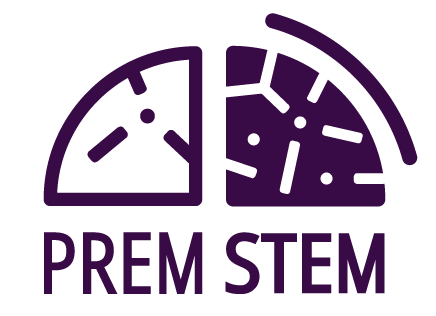Our research explained
Ethics of stem cells
Do you need ethical approval to do stem cell research?
Research involving stem cells like human mesenchymal stem cells (H-MSCs) is highly regulated. PREMSTEM’s stem cells come with the informed consent from the donor for research use only. The company who produce H-MSCs from umbilical cord tissue sought ethical approval to provide them for research purposes.
All PREMSTEM partners involved in the stem cell experiments have the ethical approval to do so. PREMSTEM partner, INSERM, monitors all potential ethical issues during the project and makes sure we have the correct documentation to carry out our research. We also involve and receive guidance from a Scientific Advisory Board and Ethics Advisory Board.
Does PREMSTEM use embryonic stem cells?
No. PREMSTEM researchers are using multipotent H-MSCs which come from umbilical cord tissue donated with the permission of the parents specifically for use in medical research.
What protocols does PREMSTEM follow to use stem cells?
The supply of stem cells used by PREMSTEM researchers is managed by our industrial partner. They have developed the overall manufacturing protocol at the cell manufacturing site, from the isolation to the amplification. Cells are then delivered to our partners who use them according to specific protocols.
Each PREMSTEM partner involved in stem cell experiments must follow guidelines and legislation (be they local, Commonwealth, state, territory or national) regarding the safety, ethics and disposal of the cells.
Stem cells used by PREMSTEM partners to carry out our research will be stored for no longer than the duration of the project and will then be discarded as per the EU regulations for the storage and disposal of human tissues.
Do any countries ban stem cell research?
Research using stem cells from embryos is illegal in several EU countries, including Germany, Austria, Ireland, Italy and Portugal, while research using non embryonal stem cells may be allowed. As mentioned previously, PREMSTEM does not use embryonic stem cells.
